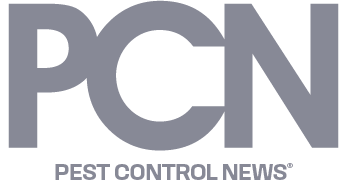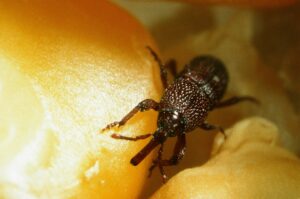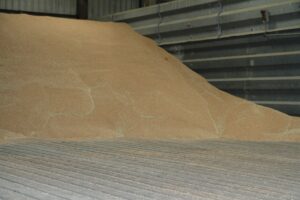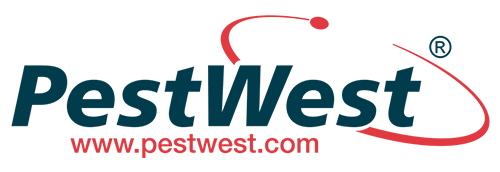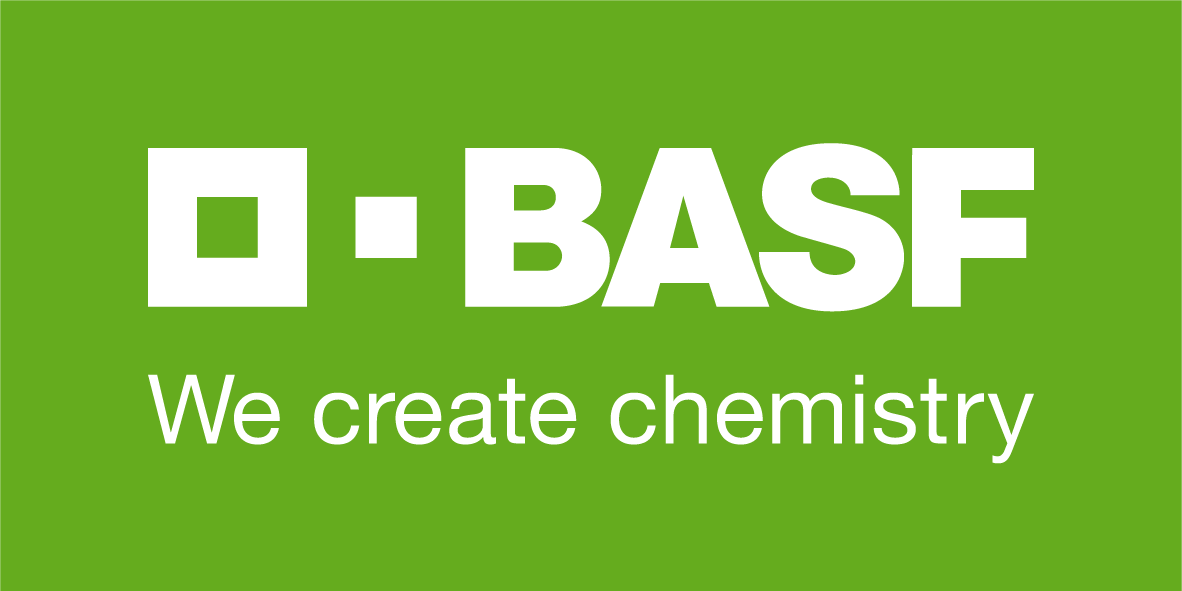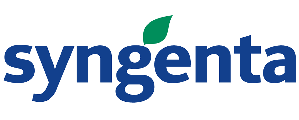The Bayer Pest Solutions Team is highlighting the importance of preparing stores and protecting grain to ensure higher quality and value, as exceptional circumstances continue to affect the market.
Ken Black, Bayer national account manager, says that implementing effective hygiene and cleanliness measures in advance of the harvest can improve outcomes.
“This is particularly important in view of anticipated lower yields, higher domestic demand and predicted higher prices forecast for the 2020 harvest,” says Ken.
“Currently, there are a lot of uncertainties, with multiple factors potentially influencing the harvest this summer.
“It’s estimated that only 60% of the winter wheat crop has been planted, with 10% of that potentially affected by the adverse wet weather and now prolonged dry conditions are hindering growth further,” he adds.
“As less milling grain has been planted, it’s essential to protect what’s available. This is even more imperative as we’re seeing an increased demand for bread products and flour.”
Ken explains that global stockpiling is already pushing up UK grain price, as Covid-19 impacts grain imports. Consequently, the UK will become more dependent on home grown food as the crisis continues.
“The latest figures from the AHDB show that prices for milling and feed wheat have increased, this is within the context of global commodity prices also rising. This means the top priority must be keeping what’s available in top quality condition.
“Thankfully, British farmers have always produced grain to some of the highest standards in the world. By ensuring they can provide a supply of high quality, insect free grain they will benefit from better returns and less reliance on grain imports,” he says.
Added to this complex scenario, is the prospect of insect damage which is likely to be more prevalent this year due to a mild winter and abnormally warm spring.
Bayer advocate stringent hygiene as a key factor in protecting grain against insect attack. This includes implementing an early deep clean of the store in advance of harvest to ensure the best environment possible. This is particularly important as longer-term storage of grain is likely to be required.
“If pest activity is identified, then a decision needs to be made on the best options for control,” explains Ken.
“To manage insect infestations, treat walls, floors and roof spaces with K-Obiol® paying close attention to ledges, corners and areas where dust and debris accumulate. Ideally treating two months ahead of harvest will give optimum control.
“This simple action can help protect farmers’ investment, and in view of the anticipated lower volumes, those able to effectively store their grain for longer periods are likely to achieve better margins,” concludes Ken.
For more information please visit www.environmentalscience.bayer.co.uk/Pest-Management or contact the Pest Solutions Team on 00800 1214 9451 or pestsolutions@bayer.com
